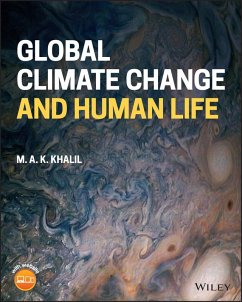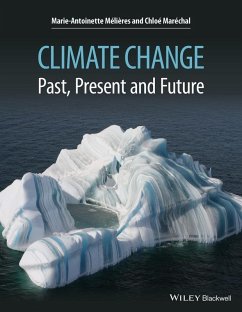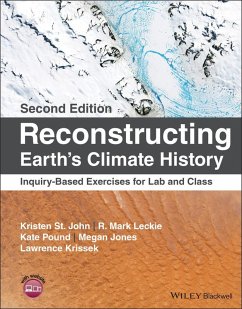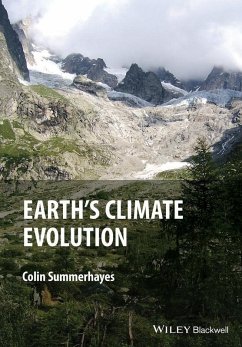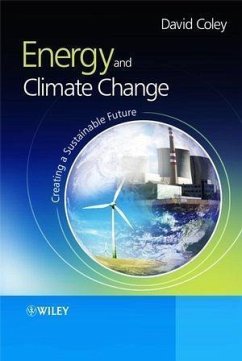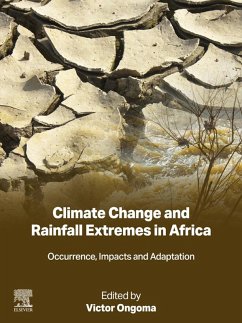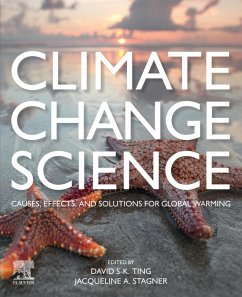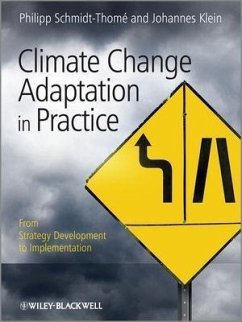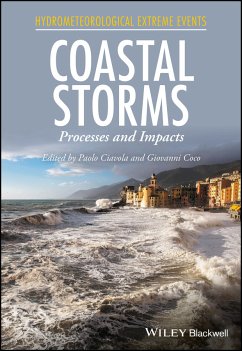
Energy and Global Climate Change (eBook, ePUB)
Bridging the Sustainable Development Divide
Versandkostenfrei!
Sofort per Download lieferbar
45,99 €
inkl. MwSt.
Weitere Ausgaben:

PAYBACK Punkte
0 °P sammeln!
Energy and Global Climate Change: Bridging the Sustainable Development Divide focuses attention on two urgent global development challenges faced by the UN and its member states: access to sustainable energy for all, and global climate change. This book presents compelling evidence about an often neglected aspect of the energy-climate change-development nexus faced by millions of poor: problems caused by the use of inefficient and polluting energy sources, and the lack of access to sustainable energy services. Based on a detailed examination of major UN global climate change and sustainable de...
Energy and Global Climate Change: Bridging the Sustainable Development Divide focuses attention on two urgent global development challenges faced by the UN and its member states: access to sustainable energy for all, and global climate change. This book presents compelling evidence about an often neglected aspect of the energy-climate change-development nexus faced by millions of poor: problems caused by the use of inefficient and polluting energy sources, and the lack of access to sustainable energy services. Based on a detailed examination of major UN global climate change and sustainable development negotiated outcomes over the course of several decades, this book argues in a powerful and insightful manner that intergovernmental negotiated outcomes aimed at solving the climate change and energy access challenges have been restricted by being placed in different negotiating silos. This siloization or compartmentalization has resulted in separate tracks of negotiated outcomes on two inextricably linked global development challenges; and, has thereby hindered prospects for integrated action. This book points out that the existence of these two silos is especially hard to ignore in light of the urgent UN-led quest for an integrated and universal post-2015 development agenda anticipated to be anchored by new sustainable development goals on energy access and climate change. By addressing the heavy reliance on inefficient and polluting energy services which result in indoor air pollution and short lived climate pollutants that tragically impact millions of poor people, this book highlights the unique importance of integrated action on the energy-poverty-climate change nexus in the UN s post-2015 development era.
Dieser Download kann aus rechtlichen Gründen nur mit Rechnungsadresse in D ausgeliefert werden.




